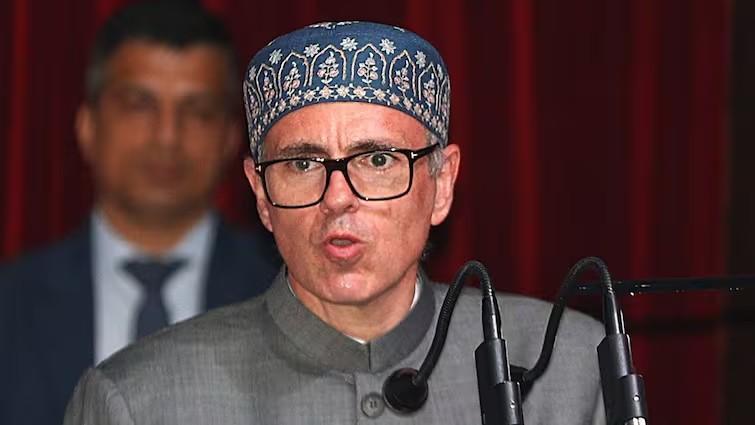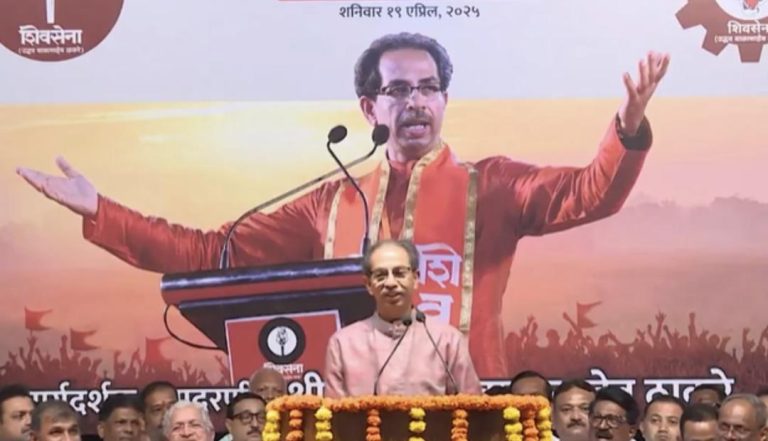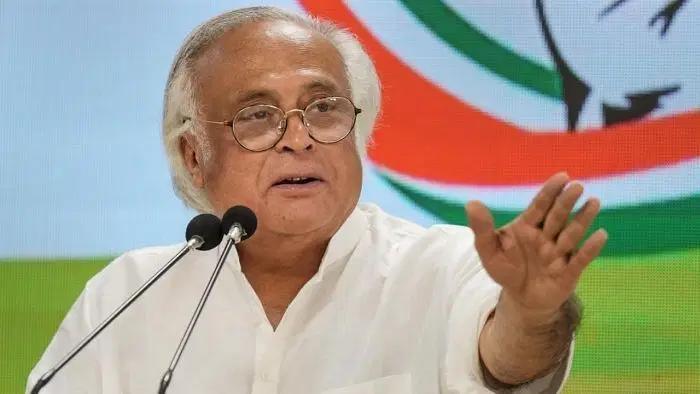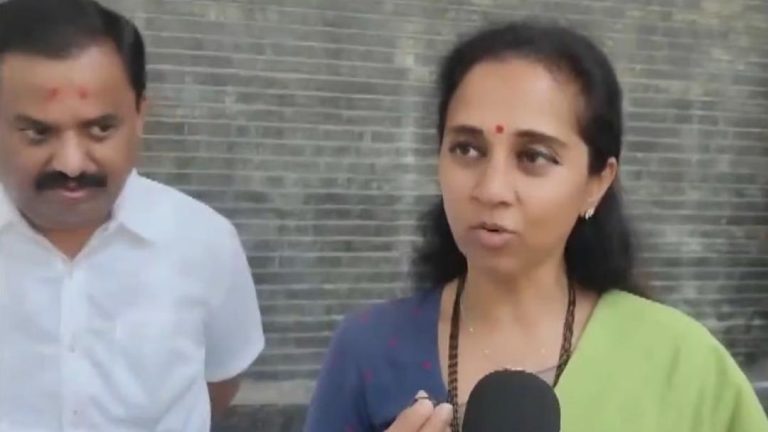
Normalcy in J&K post Art 370 abrogation is forced, not organic: CM
The abrogation of Article 370, a contentious provision in the Indian Constitution that granted special status to Jammu and Kashmir (J&K), was a significant move by the Indian government. The decision, taken in August 2019, was aimed at integrating the region with the rest of the country and promoting economic development. However, the situation in J&K has been far from normal since then. The region has been under strict security measures, and the movement of people has been restricted.
Recently, J&K Chief Minister Omar Abdullah expressed his views on the normalcy in the region, stating that it is “forced” and not organic. This statement has sparked a debate about the effectiveness of the government’s efforts to restore peace in the region.
Omar Abdullah, the National Conference leader, made these remarks while addressing a gathering in Srinagar, the summer capital of J&K. He said that the normalcy in the region was not a natural outcome of the government’s policies, but rather a result of fear and intimidation. “If what is happening in J&K is organic, then nothing like it. If it is driven out of fear, then there’s a problem,” he said.
The former Chief Minister of J&K also questioned the claims of the Centre that the normalcy in the region was a result of the government’s efforts to promote economic development and improve the lives of the people. “But I’ll hazard that people don’t believe it is organic,” he added.
Abdullah’s statement is a stark reminder of the challenges faced by the people of J&K in the wake of the abrogation of Article 370. The region has been under a strict security lockdown, and the movement of people has been restricted. The government has imposed a number of restrictions on people’s movements, including a ban on the use of social media and messaging apps.
The situation in J&K has been further complicated by the COVID-19 pandemic, which has spread rapidly in the region. The government has imposed a number of restrictions to contain the spread of the virus, including a lockdown in several districts.
The people of J&K have been struggling to cope with the harsh realities of life in the region. The economic situation has been particularly challenging, with many people losing their jobs and livelihoods. The region has been facing a severe shortage of essential commodities, including food and medicines.
The government has taken a number of measures to address the economic challenges faced by the people of J&K. It has increased the allocation of funds for the region and has launched several initiatives to promote economic development. The government has also taken steps to improve the infrastructure in the region, including the construction of new roads and bridges.
However, despite these efforts, the situation in J&K remains far from normal. The people of the region continue to face a number of challenges, including a lack of access to basic amenities and a shortage of jobs.
In conclusion, Omar Abdullah’s statement that normalcy in J&K post Art 370 abrogation is forced, not organic, is a stark reminder of the challenges faced by the people of the region. The situation in J&K is complex and multifaceted, and it requires a nuanced and sustained approach to address the various challenges faced by the people of the region.






